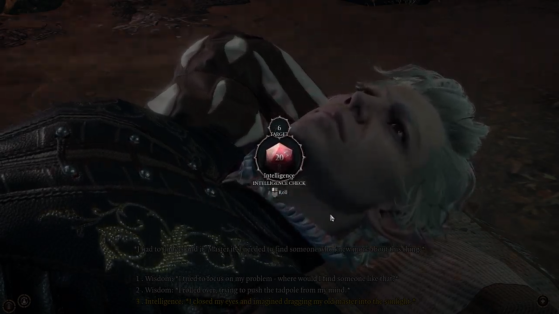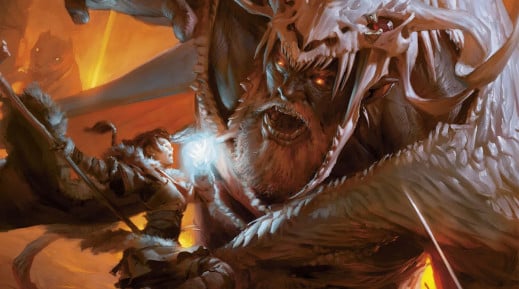Baldur's Gate III: Statistics
The six statistics of the license are unchanged in spirit, and their functioning is generally similar to the 3rd and 4th Edition. The vast majority of dice rolls are influenced by these.
- Strength: measures physical power, useful for melee fighters who bet on raw power, as with a hammer.
- Dexterity: measures agility and coordination, precise actions, etc. Useful for ranged attacks (bow, slingshot, etc.) or melee attacks that use finesse (dagger, rapier)
- Constitution: measures endurance and hit points, useful for absolutely all characters and classes.
- Intelligence: measures mental acuity, reasoning and accuracy of recall, useful for arcane spellcasters like Wizards, among others.
- Wisdom: measures perception and intuition, useful for sacred spellcasters such as Clerics, Druids, etc.
- Charisma: measures the strength of the personality, useful for persuading, seducing, as well as for Bards and Sorcerers.
Having ten points allocated to a stat will have no particular effect. Below, it inflicts penalties, and above bonuses. They are applicable both to players and to monsters and NPCs. The statistics range from 1 (with a penalty of -5) for a character devoid of said stats, to 18-20 for an adventurer (+4 or +5). Some creatures and gods can go up to 30 (+10). To find out the bonus provided by a stat, it's quite simple, subtract 10 then divide the result by 2, rounded down.
- Example: 15 of strength gives 15-10 = 5.5 / 2 = 2.5, so +2 when rounded. The result would be the same with 14 of strength. If your Wizard has 8 strength, this gives 8-10 = -2, -2 / 2 = -1.
The statistics will influence the actions linked to them, the related saving throws, but also the chances of your opponents to escape your attacks and spells.
In summary, specialize you character as much as possible in at least one area, and allocate the stat points and the tasks to the rest of the group according to the circumstances.


